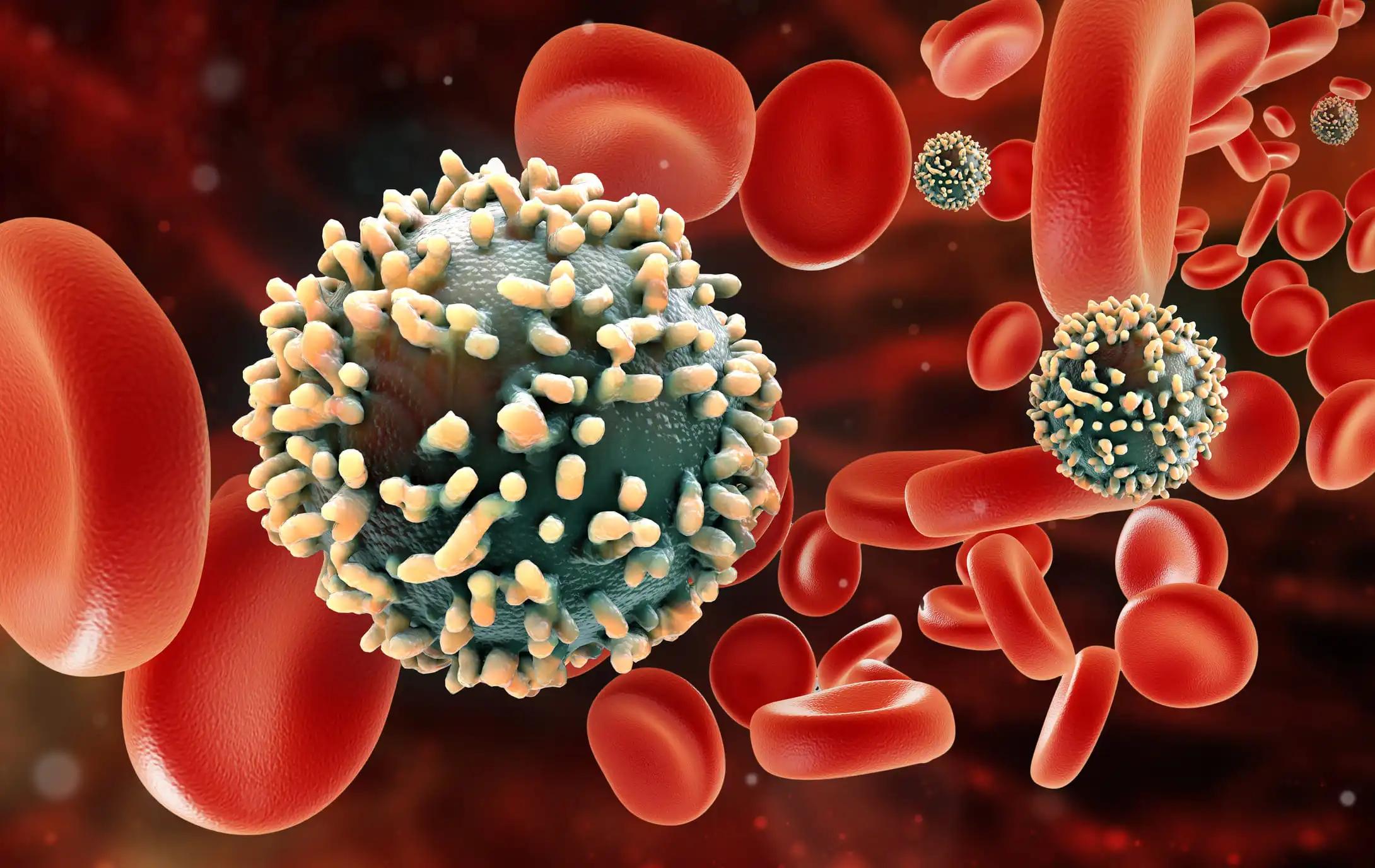KEY TAKEAWAYS
- The Phase 2 trial aimed to compare event-free survival in patients diagnosed with resectable stage III or IV melanoma who received neoadjuvant.
- Patients were randomly assigned to receive three doses of neoadjuvant pembrolizumab followed by surgery and 15 doses of adjuvant pembrolizumab.
- The neoadjuvant-adjuvant group exhibited significantly longer event-free survival compared to the adjuvant-only group.
- The incidence of treatment-associated adverse events of grades 3 or higher during therapy was low in both groups, with no newly identified toxic effects observed.
- Administering pembrolizumab pre and post-surgery in patients with resectable stage III or IV melanoma can significantly prolong event-free survival.
The efficacy of administering pembrolizumab as neoadjuvant therapy followed by adjuvant therapy, compared to administering pembrolizumab solely as adjuvant therapy, in terms of enhancing event-free survival in patients diagnosed with resectable stage III or IV melanoma remains uncertain. In phase 2 of this clinical trial, patients diagnosed with clinically detectable and measurable stage IIIB to IVC melanoma that was amenable to surgical resection were randomly assigned to receive three doses of neoadjuvant pembrolizumab, followed by surgery, and 15 doses of adjuvant pembrolizumab (neoadjuvant-adjuvant group). Alternatively, patients received surgery followed by pembrolizumab (200 mg intravenously every 3 weeks for a total of 18 doses) for approximately 1 year or until disease recurred or unacceptable toxic effects developed (adjuvant-only group). The principal objective was to assess the survival without any adverse events in the population that was intended to receive treatment. Occurrences were characterized as disease progression or toxicities that hindered surgical intervention; the incapacity to excise all visible disease; disease progression, surgical complications, or toxicities of treatment that prevented the commencement of supplementary therapy within 84 days after surgery; reappearance of melanoma after surgery; or mortality due to any cause. An assessment of safety was also conducted.
At a median follow-up of 14.7 months, it was observed that the neoadjuvant-adjuvant group consisting of 154 patients exhibited significantly longer event-free survival as compared to the adjuvant-only group comprising 159 patients (P = 0.004 by the log-rank test). According to a significant analysis, the event-free survival rate after 2 years was 72% (95% CI, 64 to 80) in the neoadjuvant-adjuvant group and 49% (95% CI, 41 to 59) in the adjuvant-only group. The incidence of treatment-associated adverse events of grades 3 or higher during therapy was 12% in the neoadjuvant-adjuvant cohort and 14% in the adjuvant-only cohort. In patients diagnosed with resectable stage III or IV melanoma, administering pembrolizumab both pre and post-surgery resulted in a significantly prolonged event-free survival compared to those who received adjuvant pembrolizumab alone. There were no newly identified toxic effects observed.
Source:https://pubmed.ncbi.nlm.nih.gov/36856617/
Clinical Trial: https://clinicaltrials.gov/ct2/show/NCT03698019
Patel SP, Othus M, Chen Y, Wright GP Jr, Yost KJ, Hyngstrom JR, Hu-Lieskovan S, Lao CD, Fecher LA, Truong TG, Eisenstein JL, Chandra S, Sosman JA, Kendra KL, Wu RC, Devoe CE, Deutsch GB, Hegde A, Khalil M, Mangla A, Reese AM, Ross MI, Poklepovic AS, Phan GQ, Onitilo AA, Yasar DG, Powers BC, Doolittle GC, In GK, Kokot N, Gibney GT, Atkins MB, Shaheen M, Warneke JA, Ikeguchi A, Najera JE, Chmielowski B, Crompton JG, Floyd JD, Hsueh E, Margolin KA, Chow WA, Grossmann KF, Dietrich E, Prieto VG, Lowe MC, Buchbinder EI, Kirkwood JM, Korde L, Moon J, Sharon E, Sondak VK, Ribas A. Neoadjuvant-Adjuvant or Adjuvant-Only Pembrolizumab in Advanced Melanoma. N Engl J Med. 2023 Mar 2;388(9):813-823. doi: 10.1056/NEJMoa2211437. PMID: 36856617.



